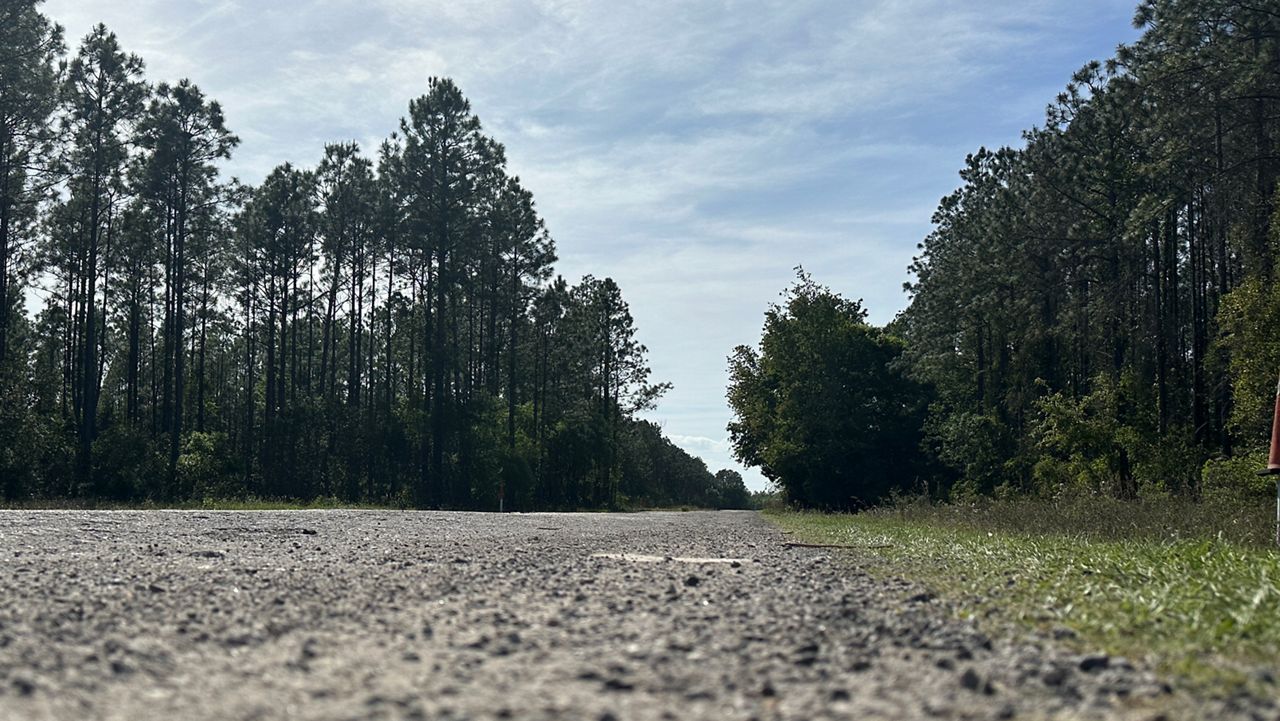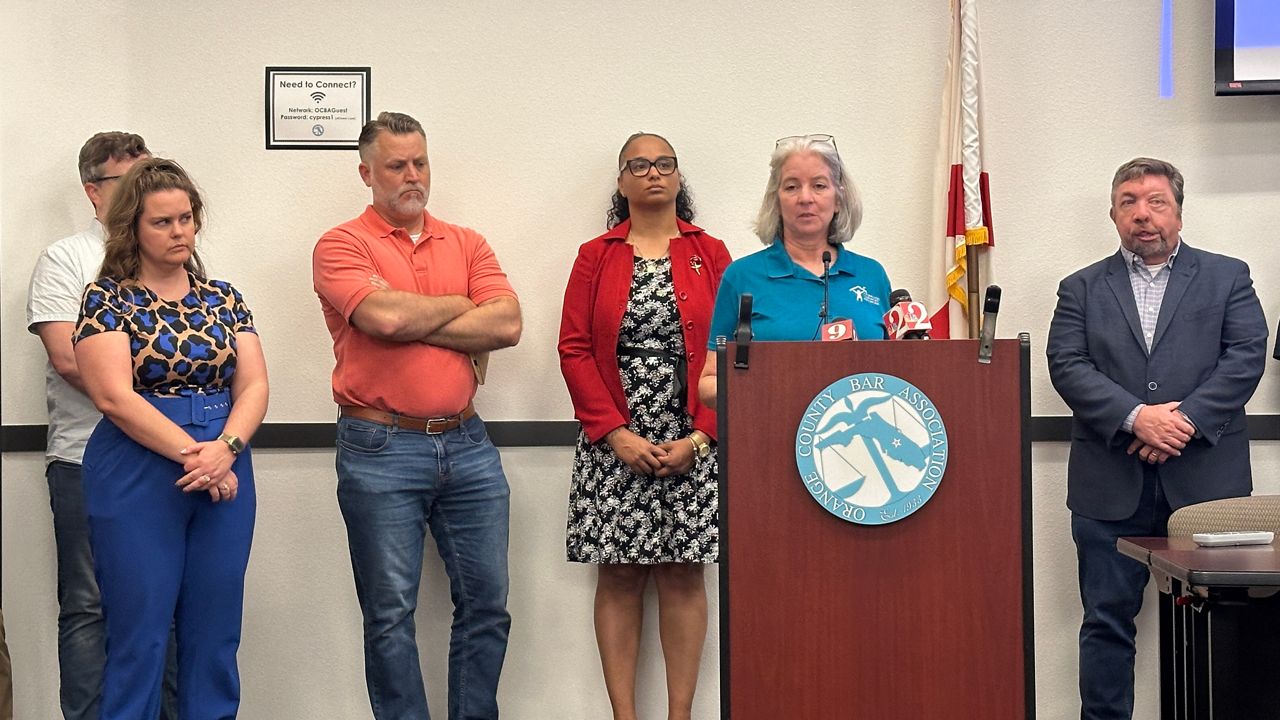ORLANDO, Fla. — With just a quick drive or walk through the Mills 50 district in Orlando, it’s clear to see the influence the Asian American Pacific Islander community has in Central Florida.
But that influence may not be as easy to see when it comes to politics and local government. That’s something local AAPI leaders are hoping to change.
Tasty Chomps food blogger Ricky Ly said he knows Orlando’s food scene well, and he knows the history behind how the Mills 50 district developed into what it is today.
“After the Vietnam War, there was an influx of Vietnamese refugees to Orlando, and some of them opened up markets like Tien Hung Market across the street over there,” Ly said, pointing to the food center on East Colonial Drive near North Mills Avenue.
But despite their significant presence in the area, Ly said the local AAPI community is still working to gain power politically 50 years later.
“People trying to open up restaurants — they obviously have to deal with cities and the county — so I think everybody is learning how to be a part of the power system, I guess,” Ly said.
Ly co-founded Asian American Pacific Islanders Coming Together, or ACT, to galvanize local AAPI leaders’ efforts to increase the community’s voice. AAPI leaders say challenges that come with the process of integrating into a new home can make some in the community less likely to vote.
ACT co-founder Kam Shenai said he works to remind people in the AAPI about the importance and value of their vote.
“Voting is a currency, and it completely neutralizes everything — whether you’re rich, poor — you only get one vote,” said Shenai. “It’s not that owe this much, no, just one vote. And use that currency wisely because it has an expiration date. The day after the election, that currency is gone.”
Attitudes toward voting appear to be progressing in the younger generation born in the United States.
“A lot of my generation who were born here and feel like this is my country, I think there’s a lot more sense of the need to vote to see that change,” said Sanya Bansal, a University of Central Florida student.
ACT co-founder Onchantho Am said participation in an election forum leading up to a local county official’s election already paid off, leading to the formation of a liaison between Orange County leaders and the AAPI community. Now community members have a direct way to communicate concerns with those in power.
“Perhaps you won’t hear us marching down the street or holding up signs, but you will hear us in our own way, which is our way of voting,” said Am. “So, there are different ways of being heard, and that’s why it’s so important for us to speak up and speak out.”
AAPI Data shows since 2012, the AAPI population in Florida has seen a nearly 40% growth, with Orange and Hillsborough counties having the first- and third-highest AAPI populations in the state, respectively. And while the AAPI community makes up just more than 3% of the state’s overall electorate, in Orange County, because of those population gains, the AAPI community makes up nearly 8% of the county’s electorate.









